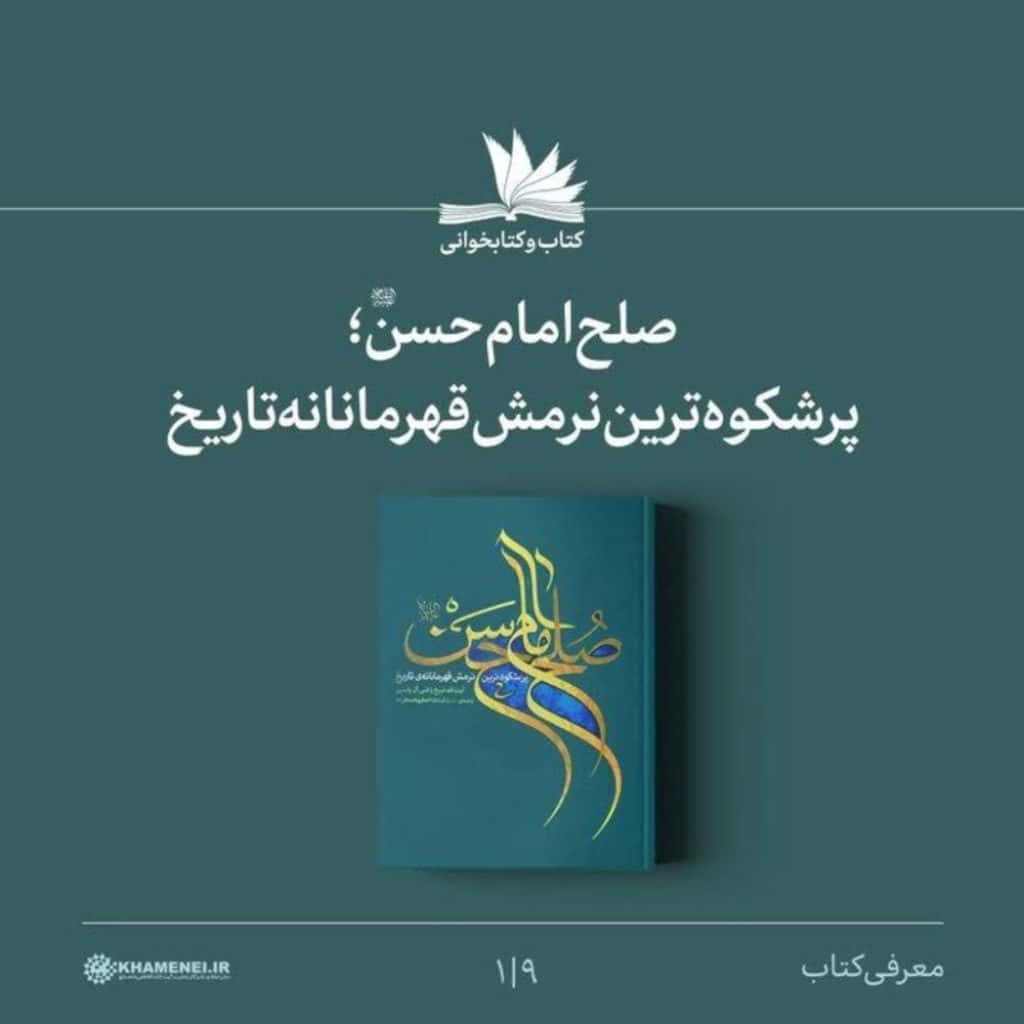
The Islamic Republic has scaled back its rhetoric against Israel and pivoted away from “hard revenge,” instead shifting to “strategic ambiguity.” Tehran believes time is on its side, and its retaliation against Israel for the killing of Hamas Political Chief Ismail Haniyeh need not be imminent. However, developments on the ground suggest otherwise.
While numerous high-ranking regime officials vowed to avenge Haniyeh in late July, Tehran is yet to follow through with these threats. In contrast, Iran responded within 12 days after Israel targeted key Islamic Revolutionary Guard Corps (IRGC) figures in Damascus. Tehran has evidently adopted a different approach from its response in April and seems unlikely to retaliate the same way.
On August 20, The Islamic Republic News Agency (IRNA) reported on the regime’s revised approach of “strategic ambiguity” against Israel that has caused an unprecedented state of alert in Israel and the region “without firing a bullet.” On the same day, IRGC Spokesperson Brigadier General Ali Mohammad Naeini stated that “time is on our side and the response [to Israel] may take long. For now, Zionists must endure an astatic state.”
The statements from IRNA and the IRGC echo remarks made by Islamic Republic Supreme Leader Ali Khamenei a week prior: “Sometimes a retreat is tactical; retreating is a tactic just like advancing.” Khamenei has a history of using innovative phrases to justify the regime’s inability to meaningfully follow through with its threats, such as “heroic flexibility” and “strategic patience.” Employing these terms often indicates that the regime is holding back from escalating tensions with its enemies but still aims to protect its reputation in the eyes of its supporters inside Iran and across the region.
Khamenei’s latest speech suggests that his regime is recalculating its response to the humiliating assassination of Haniyah in Tehran by hoping for increased international pressure on Israel. On the diplomatic front, Islamic Republic Foreign Ministry Spokesperson Nasser Kanaani accused Israel of not being interested in establishing a ceasefire in Gaza and called for a collective effort to pressure Jerusalem. In another attempt at rallying support against Israel, Iranian state TV aired a dramatized video in early August that depicted an Israeli Olympic athlete with bloodied hands being confronted by other athletes.
The Iranian regime’s reluctance to wage another large-scale attack against Israel is perhaps due to deterrence from the West and a lack of support from the East. The United States firmly asserted that if Tehran were to retaliate by conducting a major attack, Iran’s “government and economy could suffer a devastating blow.” The US Department of State also stated that it has been sending consistent messages to Tehran that the US will defend Israel from Iranian attacks. Additionally, Israel anticipates that the United Kingdom and France will support it in undertaking military measures if the Islamic Republic carries out its threatened retaliation.
Simultaneously, the Islamic Republic did not receive meaningful diplomatic support from Moscow and Beijing after Haniyah’s assassination. Russian President Vladimir Putin allegedly asked Khamenei for a “restrained response” to Israel, as opposed to condemning the assassination. Similarly, China Ministry of Foreign Affairs Spokesperson Lin Jian indirectly discouraged Tehran from retaliating by stating, “It is critical for the international community to enable de-escalation. China remains committed to keeping the Middle East peaceful and stable.”
Whether a patient approach is truly favorable to Tehran’s objectives remains a matter of contention. Despite international pressure for a ceasefire, Israel has reaffirmed that disarming Hamas is a stance on which it cannot compromise. Israeli Defense Forces (IDF) Spokesperson Rear Admiral Daniel Hagari stated that the country’s military has killed more than 17,000 Hamas fighters in the Gaza Strip since the beginning of the war.
Meanwhile, Israel’s targeted assassinations have taken out numerous high-ranking figures in Iran’s proxy network in Gaza, the West Bank, Lebanon, and Syria. IDF airstrikes have eliminated Hamas and Hezbollah fighters in Nablus, Tubas, Gaza, Beirut, Nabi Chit, Shebaa, Nabatieh, Homs, and many other locations in recent weeks. These heavy losses endured by the “Axis of Resistance” call into question Iranian leaders lauding “heroic flexibility” and claiming that “time is on [the regime’s] side.”







